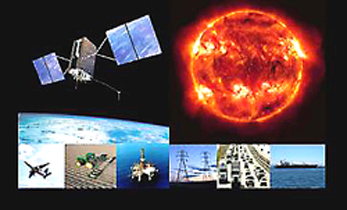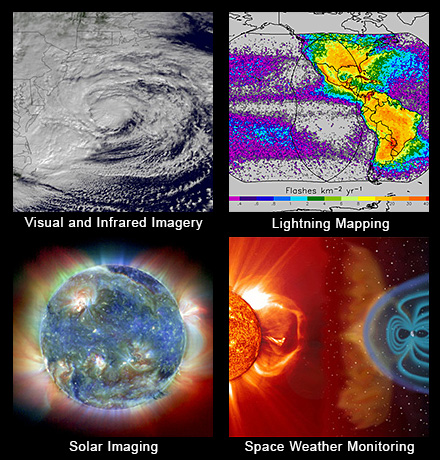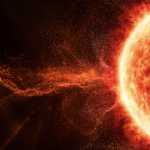This webinar took place on October 31, 2012. The recorded version is no longer available.
You may download the list of additional resources (below) at any time:
ADDITIONAL RESOURCES
- Webinar PDF Archive (Registration required)
Coronal Mass Ejection — even the name sounds scary.
This webinar took place on October 31, 2012. The recorded version is no longer available.
You may download the list of additional resources (below) at any time:
ADDITIONAL RESOURCES
- Webinar PDF Archive (Registration required)
Coronal Mass Ejection — even the name sounds scary.
Space weather accounts for the most substantial errors experienced by
GPS/GNSS systems and equipment. It is the single largest contributor to
the single-frequency GPS error budget and a significant factor affecting
differential GPS techniques.
On Halloween Day, space weather experts discussed the coming peak in the 11-year solar cycle and the effects on GPS from sunspots, geomagentic storms and associated atmospheric events. They also covered the solar origin and nature of space
weather,
activities to monitor and predict space weather, and the efforts being
developed to mitigate its effects.
The event was presented by Inside GNSS magazine and sponsored by NovAtel.
It featured three experts: Anthea Coster, MIT Haystack Observatory, Joe Kunches, National Space Weather Prediction Center and Demoz Gebre-Egziabher, from the University of Minnesota Aerospace Engineering and Mechanics Department, who moderated the discussion.
Product designers, system integrators, application developers, equipment manufacturers, and engineering professionals and users who need a high level of assurance in access to high-precision GNSS positioning and timing will benefit from listening to the recorded version.
REGISTER HERE
PRESENTERS
 ANTHEA J.COSTER, atmospheric scientist at the Haystack Observatory of the Massachusetts Institute of Technology near Boston. She has worked with GNSS since 1985.
ANTHEA J.COSTER, atmospheric scientist at the Haystack Observatory of the Massachusetts Institute of Technology near Boston. She has worked with GNSS since 1985.
 JOE KUNCHES, senior scientist at the U.S. NOAA National Weather Service’s National Space Weather Prediction Center in Boulder, Colorado. He works with issues that directly affect GNSS users of space weather services.
JOE KUNCHES, senior scientist at the U.S. NOAA National Weather Service’s National Space Weather Prediction Center in Boulder, Colorado. He works with issues that directly affect GNSS users of space weather services.
MODERATOR
 DEMOZ GEBRE-EGZIABHER, associate professor of aerospace engineering and mechanics at University of Minnesota-Twin Cities, USA. His research area is in navigation, guidance, and control of aerospace vehicles.
DEMOZ GEBRE-EGZIABHER, associate professor of aerospace engineering and mechanics at University of Minnesota-Twin Cities, USA. His research area is in navigation, guidance, and control of aerospace vehicles.





